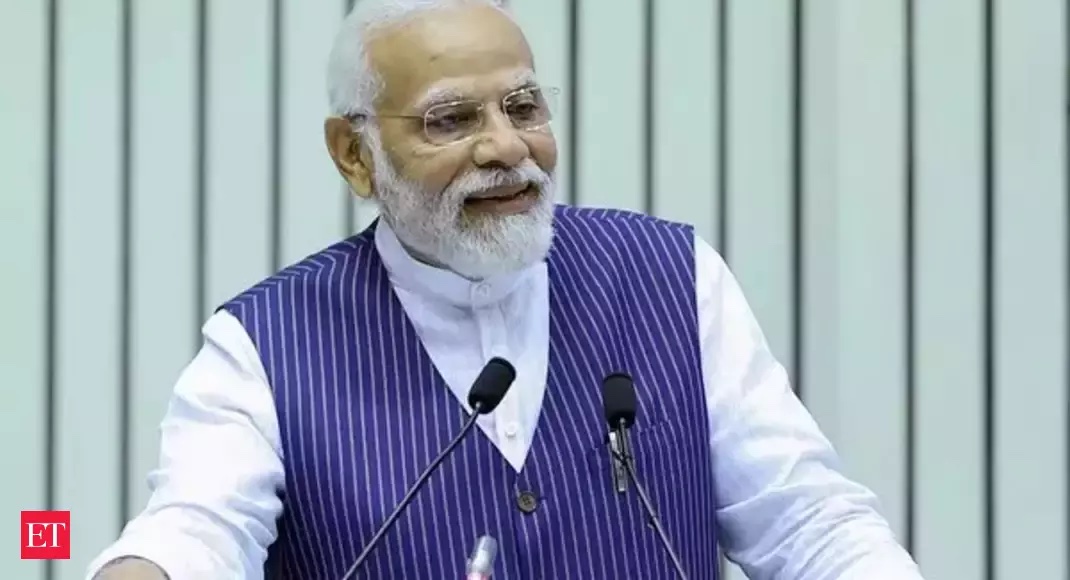
India’s Green Hydrogen Mission, Space Collaboration with US to Drive Global Climate Goals » Capital News
Aug 26 – India’s Union Minister of State for Science and Technology, Dr. Jitendra Singh, emphasized the Green Hydrogen Mission as a key element of India’s strategy to decarbonize heavy industries, transportation, and power generation during a bilateral meeting on US-India Civil Nuclear Commerce at Prithvi Bhavan, New Delhi.
He stated, “India to Enhance Global Climate Goals through Green Hydrogen Mission and SMR Collaborations.”
Dr. Singh highlighted that this initiative is crucial for driving innovation in clean technologies and meeting global climate objectives. He noted that with robust policy frameworks and international partnerships, India is poised to lead the transition to a sustainable energy future.
In a significant announcement, Dr. Singh revealed that an astronaut from India’s Gaganyaan Mission will soon join the International Space Station (ISS) as part of Indo-US space cooperation. He remarked, “Indian Astronaut Set to Join International Space Station Under Indo-US Space Cooperation,” marking a major milestone in the partnership.
Furthermore, Dr. Singh outlined the Indian government’s focus on international collaborations, research and development investments, and regulatory frameworks to support the deployment of Small Modular Reactors (SMRs). He emphasized that SMRs are critical for India’s clean energy transition, contributing to energy self-reliance and aiding in the achievement of climate commitments.
Drawing parallels between India’s “Anusandhan” National Research Foundation (NRF) and the United States’ National Science Foundation (NSF), Dr. Singh underlined the significant roles both institutions play in advancing scientific research and innovation.
He reaffirmed India’s dedication to Prime Minister Narendra Modi’s “Panchamrit” climate action plan, which includes targets such as increasing non-fossil energy capacity to 500 GW, reducing carbon emissions by 1 billion tonnes, and achieving net-zero emissions by 2070.
The meeting saw contributions from other key figures, including Dr. AK Sood, Principal Scientific Advisor to the Government of India, who highlighted the importance of the Indo-US partnership in creating sustainable development solutions. Dr. Ravi Chandran, Secretary of Earth Sciences, discussed progress in ocean energy and Carbon Capture, Utilisation, and Storage (CCUS) technologies.
Dr. Rajesh Gokhale, Secretary of the Department of Biotechnology, focused on advancements in biomass-to-energy conversion and biofuels, while Professor Abhay Karandikar highlighted India’s progress in data analytics, artificial intelligence (AI), and machine learning.
Dr. N Kalaiselvi, Director General of CSIR, discussed strides in lithium-ion battery development and the need for sustainable energy storage solutions.
The meeting, attended by a high-level US delegation led by John Podesta, Senior Advisor to the US President for International Climate Policy, and David Turk, Deputy Secretary of the US Department of Energy, concluded with both nations reaffirming their commitment to enhancing cooperation in emerging technologies.
